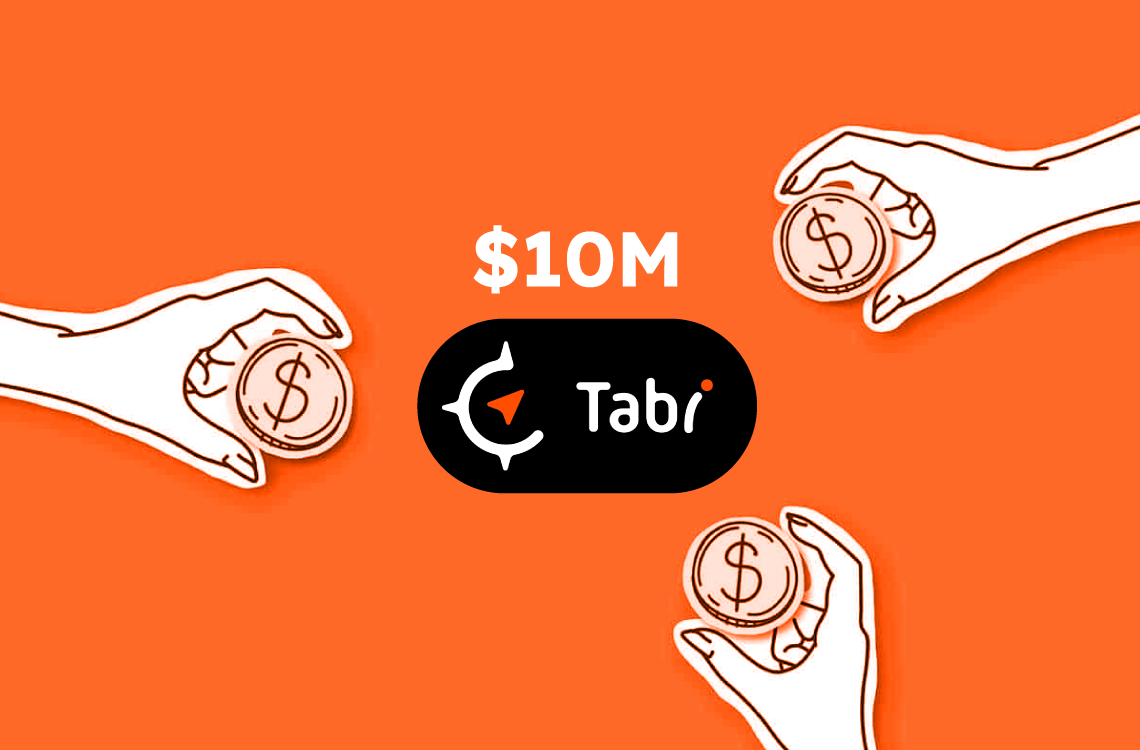Crypto Wallet Firm Trezor Adds Privacy-Enhancing ‘CoinJoin’ Feature to Bitcoin Transactions
Hardware wallet maker Trezor today launched a new privacy feature for its devices.
First teased last year, the new CoinJoin feature was made possible thanks to Trezor’s partnership with Wasabi Wallet, a privacy-focused Bitcoin wallet that specializes in this exact technology.
Bitcoin CoinJoins is a privacy-enhancing technique that allows multiple users to merge their Bitcoin inputs (unspent transaction outputs, or UTXOs) into a single transaction and receive the same amount of Bitcoin output, but with different addresses.
This effectively “mixes” the inputs, making it more difficult to trace the individual transactions back to their original sources.
CoinJoins can be performed in different ways, with varying levels of privacy and complexity. A common method is to use a dedicated CoinJoin service, such as Wasabi Wallet, which is now live on the Trezor Model T. Model One support will be added in the near future.
Trezor CEO Matěj Žák claims that the CoinJoin technology ensures a level of anonymity close to cash.
“People can use cash for private transactions without leaving a digital footprint or anyone storing your identity,” Žák said Decrypt. “And obviously with cash it’s impossible to see the remaining balance in someone’s wallet or bank account. Trezor with CoinJoin brings a similar level of privacy to Bitcoin.”
According to Žák, “the security of the process and the ease of use help deliver privacy to a wider audience, which is one of the core values of the Bitcoin community.”
The CoinJoin feature is available on Trezor wallets through a simple click of the “Anonymize” button. After choosing the number of CoinJoin rounds, which improves privacy with each additional round, users confirm their preferences using their Trezor device and leave it connected while running the Trezor Suite.
The remaining steps in the CoinJoin process are automated and require no further user involvement.
Who needs to CoinJoin their Bitcoin?
The CoinJoin technique addresses several privacy concerns that arise due to the inherent transparency of Bitcoin, often erroneously referred to as an “anonymous” payment network.
One such problem is that crypto exchanges can easily link individuals’ real identities with their Bitcoin addresses, and can track their transactions even after they withdraw money. CoinJoin hides Bitcoin transaction histories and prevents such monitoring.
In addition, when you use Bitcoin for purchases, the total balance of the address from which the payment was sent is visible to the seller, which some also consider a violation of privacy.
With CoinJoin, users can split their Bitcoin balance into small amounts with no transaction history, similar to splitting a large dollar bill into smaller denominations. This feature provides an extra layer of protection for privacy-conscious individuals.
Another important feature offered by CoinJoin is safeguarding the privacy of Bitcoin donations. Given the openness of the network, free-flowing donations can pose a significant danger to NGOs and their donors, especially in authoritarian regimes.
“Ensuring that Bitcoin’s privacy tools are user-friendly and secure is critical, as this attracts individuals to use these products, ultimately improving privacy for all users,” said Max Hillebrand, CEO of zkSNACKs (the company supporting the development of the Wasabi Wallet) Decrypt.
Hillebrand also emphasized the fact that CoinJoin transactions are “inherently non-custodial.”
“With this integration, they [CoinJoin transactions] can now be signed with keys from a hardware wallet for the first time. This marks a significant advance in security.”






















